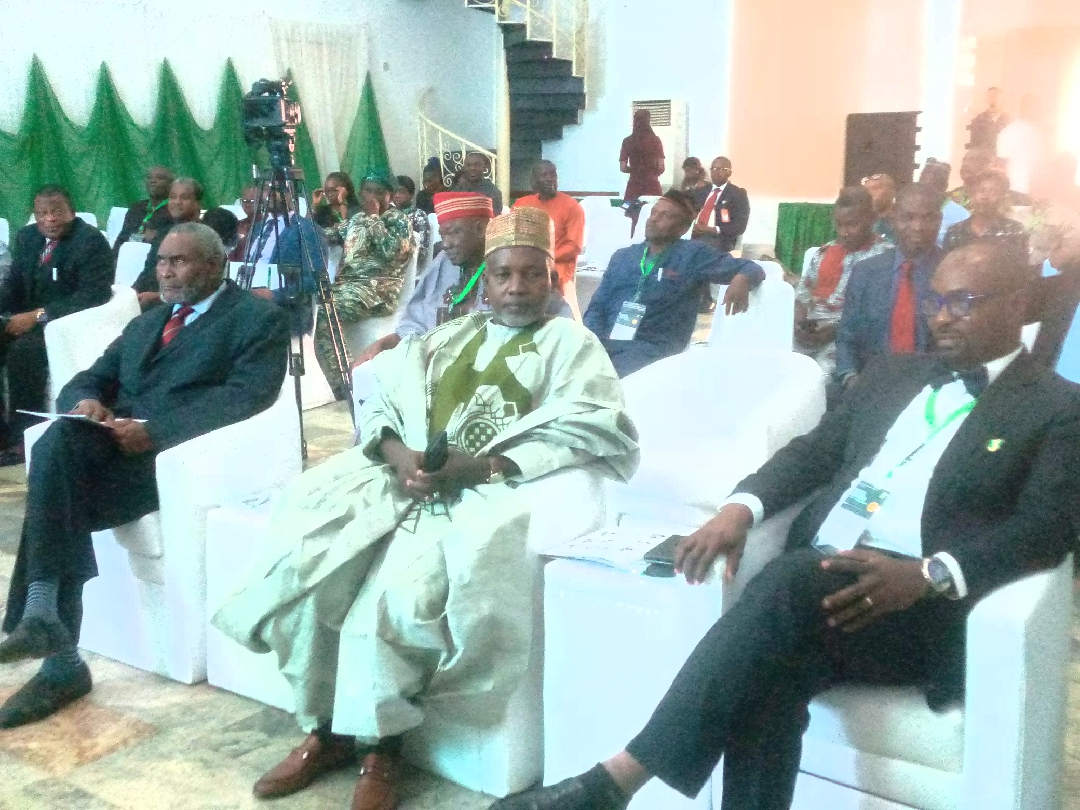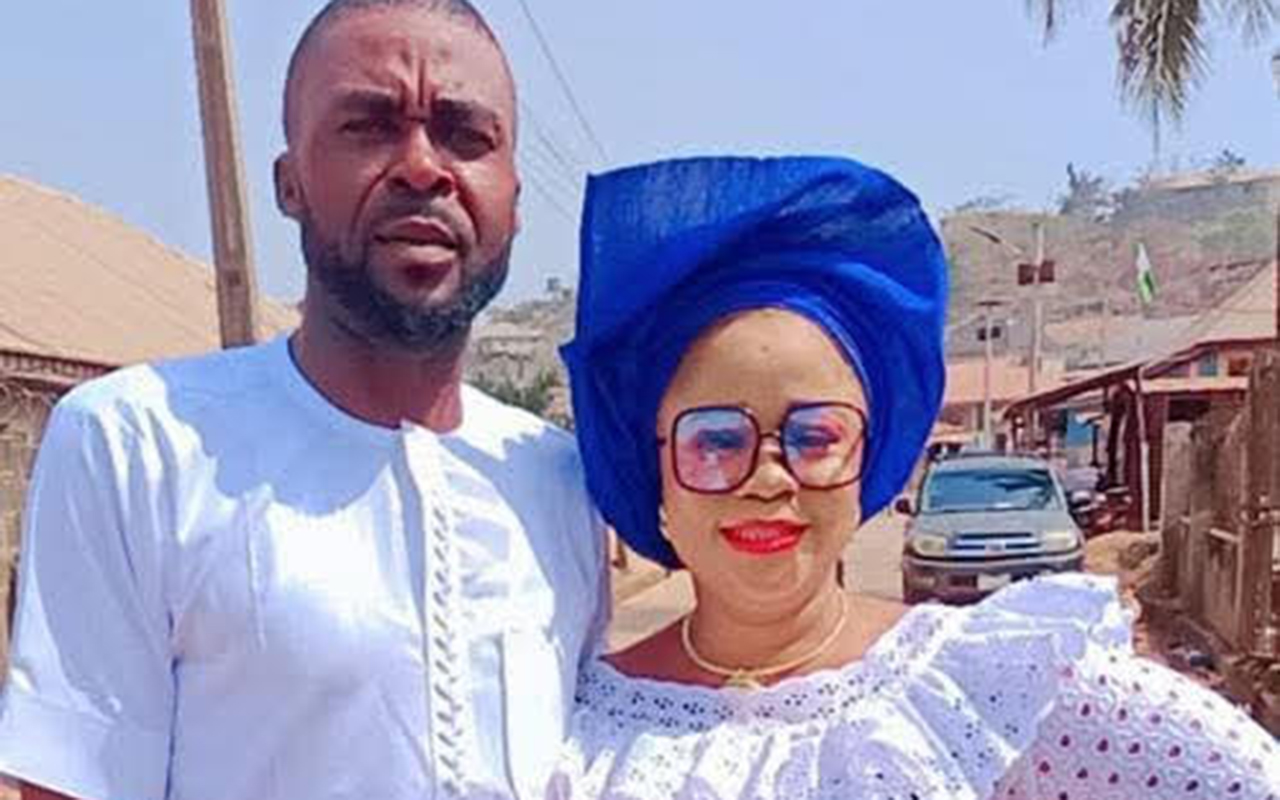
… says Nigeria spends over N75 millions to trains consultant
Stakeholders at the 2022 Medical Education Summit of Medical and Dental Consultants Association of Nigeria (MDCAN), on Tuesday, called for the review of the medical education curriculum in Nigerian universities.
The stakeholder said the federal government spent a total sum of 75 million naira to train one consultant
Speaking at the MDCAN Medical Education Summit, in Abuja, the President of MDCAN, Dr Victor Makanjuola, explained that the Summit seeks to contribute its quota in the search for answers to the key national medical education challenge.
He said: “There appears to be this common perception that the general standard of tertiary education in Nigeria is at a crossroads, with medical education in a peculiar kind of crisis The challenges seem quite daunting when weighed against the background of unrestricted emigration of medical teachers in search of greener pastures.
“The already precarious situation has been made worse by an unpredictable academic calendar, no thanks to the incessant industrial actions by multiple university unions, outdated academic curricula, and perennial underfunding of the universities and medical colleges.
“The difficulties associated with accessing research grants domiciled within the medical colleges have added to the list of the setbacks faced by medical and other tertiary education in Nigeria. Deliberate innovative approaches from a wide range of stakeholders are required to make any meaningful and sustainable intervention to save medical education in Nigeria.”
In his remarks, the Speaker of the House of Representatives, Mr Femi Gbajabiamila, who was represented by the Chairman, of the House of Representatives Committee on Healthcare Services, Dr Tanko Yusuf Sununu, noted that recently, National Assembly conducted an educational service on pressuring institutions. But, medical education wasn’t there.
While speaking in a paper titled, “Advancing medical competency in graduating medical doctors” Prof Eniola Erekosima, seek more funding to boost the medical sectors.
He said: “There is increasing concern on the quality of undergraduate medical training on the reduction of the level of knowledge, skills as well as professional conduct of a sizable percentage due to multiple factors.
“The politicians, the leaders have to fund the medical institutions and come up with a strategy on how to manage the situation, there are medical schools that are springing up privately. I’m not aware of how the regulation is intense over there, whether they are there for commercial purposes, or to bring the doctors to look after our people.”






